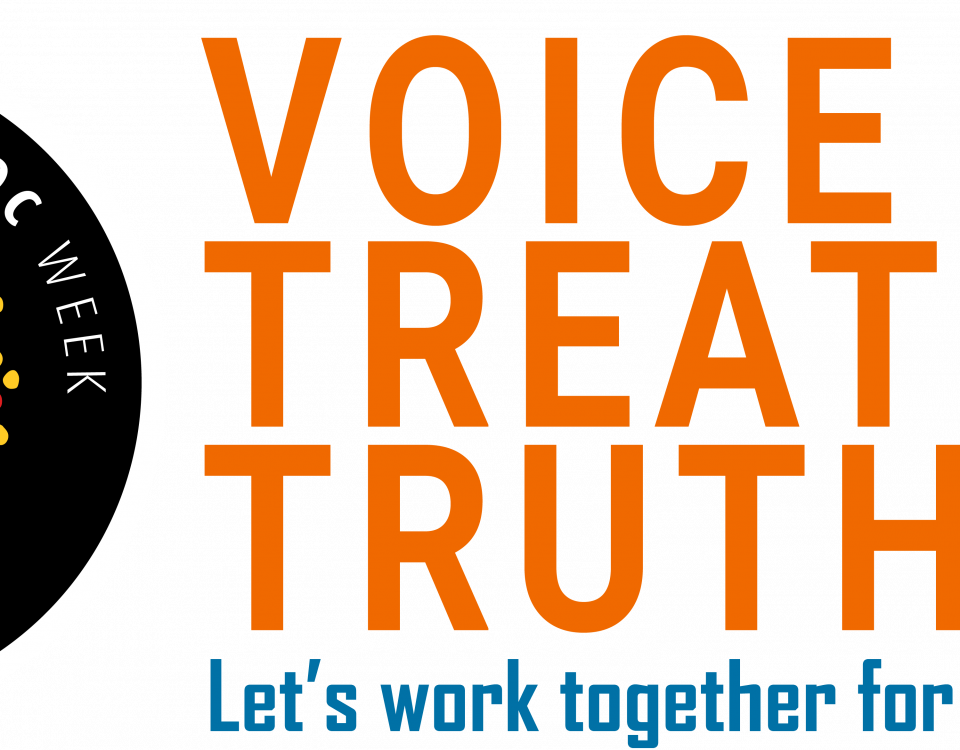The importance of recognition, responsibility, truth, united reconciliation and race
September 26, 2014Creating safe, supportive environments to improve mental health
October 9, 2014This article raises the important issue when asking “Where do we go from here?”. That is, the (often) unspoken, unacknowledged tensions between ‘them’ and ‘us’ – the ‘whitefella’ and the ‘blackfella’.
Read the paper by Pamela Nathan – ‘The past is not history’ – where she talks about the stolen churinga from Ntaria, now housed in the Melbourne Museum, and how the stolen sacred object dynamited the “we” and made it an “ us” and “them” and dramatically amplified the traumatic zone. Pamela wrote:
The lost churinga, stolen, purloined and now fossilised in a museum a long way from country but still overlooked by custodians and kept alive today, exploded into the meeting, despite or in spite of being quarantined in a glass box. It was a contemporary discussion, nonetheless sacred cultural law claimed its ancestral ground….. The meeting I think provided a microcosm of a traumatic contact zone where time collapsed between Blacks and Whites and the issues of power and disempowerment, cultural customary law and authority surfaced quickly arousing intense emotions and the catastrophic legacies of trauma appeared. What ruptured the meeting were live Aboriginal cultural matters situated in and colliding with a non–Aboriginal world of domination and repudiation. One might say the meeting became a shared collective trauma where helplessness, despair, rage and shame countered the unbearable feelings of loss, transgenerational trauma and vulnerability.
Pamela writes further about the importance of talking about “us” in relation to “them”, and not just about “them”, in her paper, ‘Healing the racial divide‘. Click here to view the paper.





